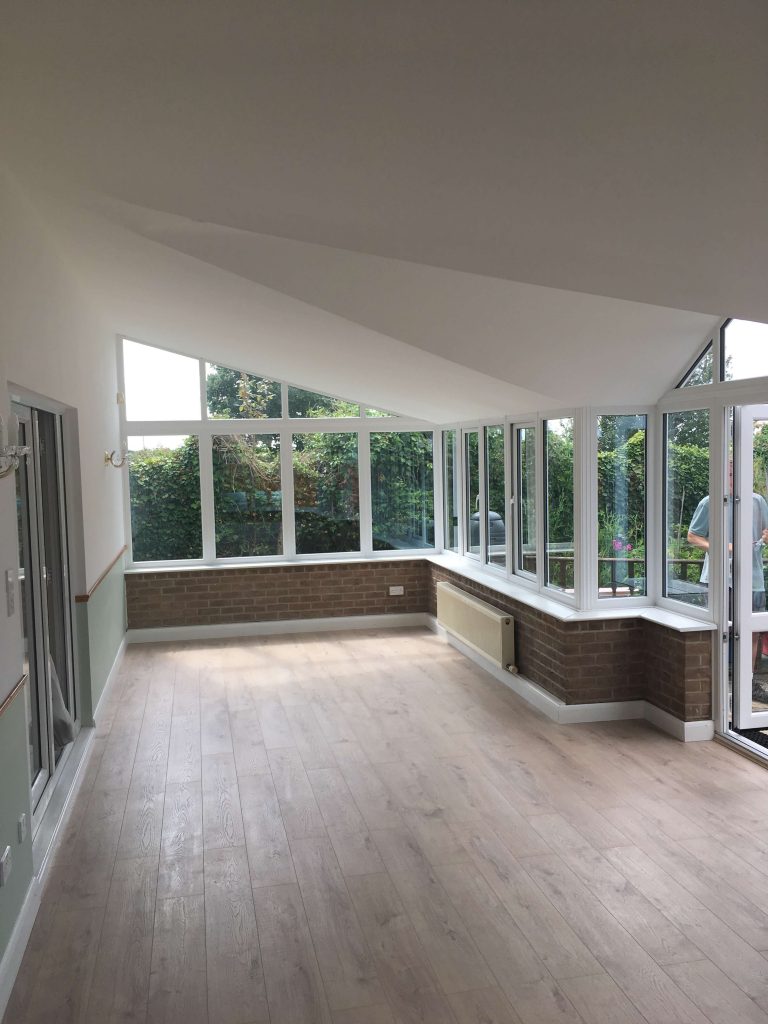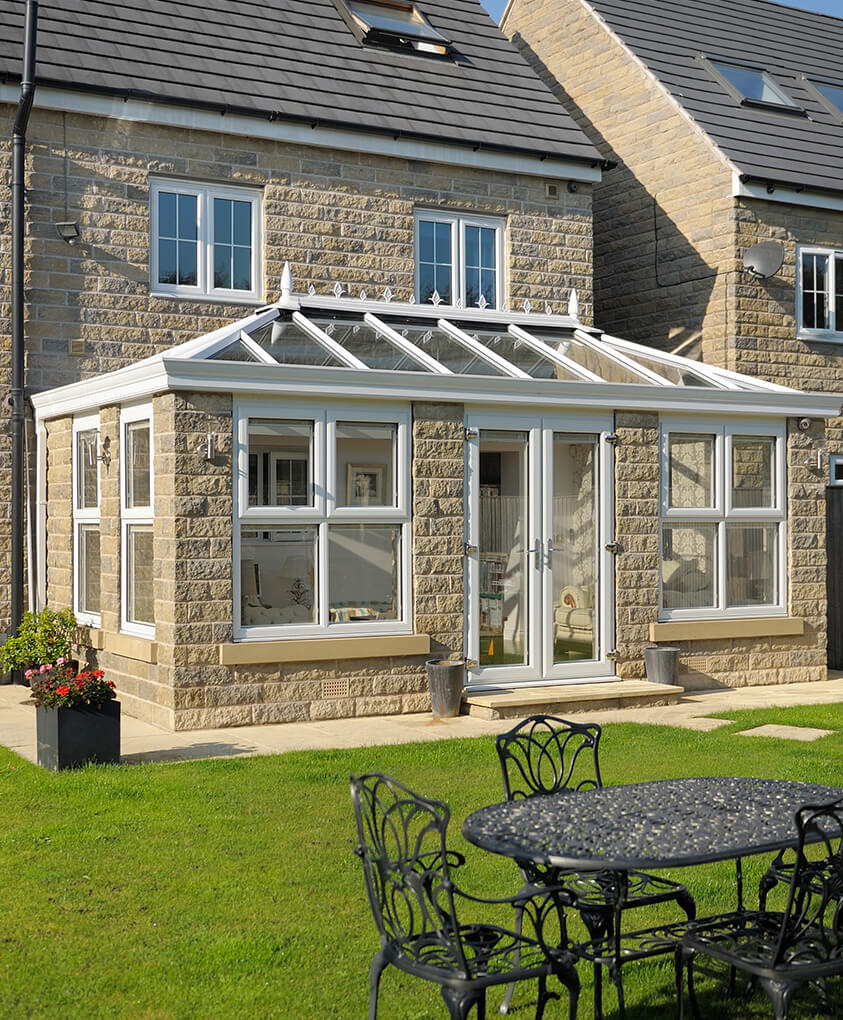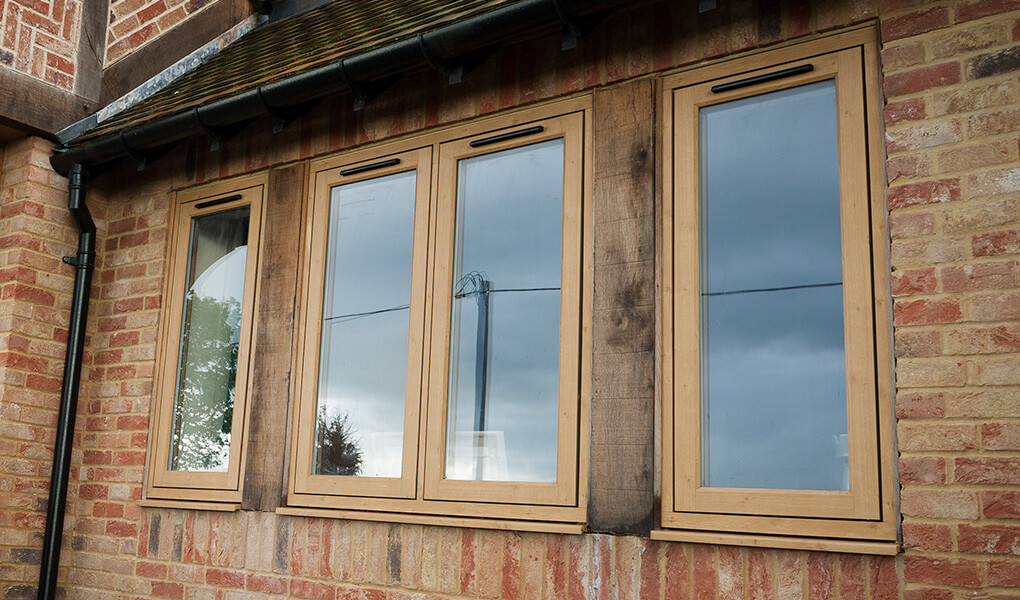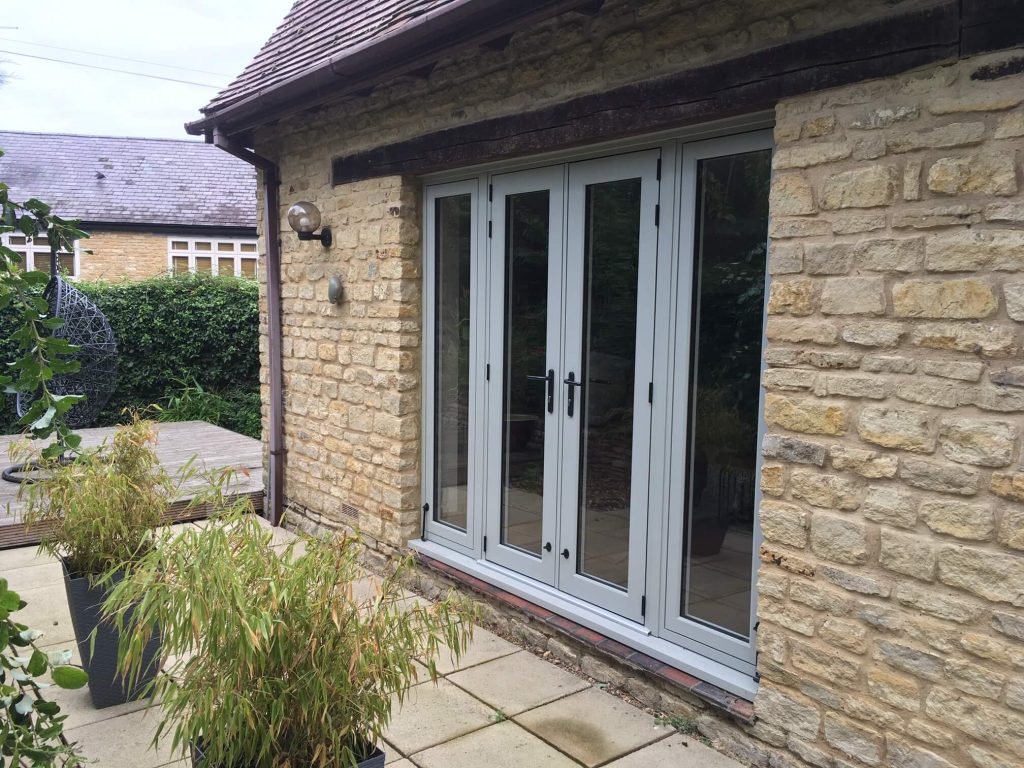
What do you need planning permission for? (Plus how to get around it!)
Whether you’re replacing your front door, swapping out your windows or building a new conservatory, choosing to improve your home has multiple benefits. However, before getting too carried away, it’s important to address the elephant in the room – planning permission. In certain cases, planning approval will be required. However, contained in this guide is all the know-how you need to get around it.
Planning permission for a new conservatory

Conservatories fall into the category of a single-storey extension, which is usually considered a ‘permitted development right’. Home improvements which are categorised as a ‘permitted development right’ do not require planning permission. However, permitted development does not apply to conservatories and other single-storey extensions that exceed certain size limits.
We have created a comprehensive guide on planning permission for conservatories to give you an idea of these size limits and the other potential restrictions that might be in place. The size limits outlined in this guide were also due to expire on 30th May 2019, however, the UK government has now made them permanent, making it much easier for homeowners to expand their house without needing to apply for planning permission.
Planning permission for a new orangery

As orangeries are also considered a single-storey extension, they are subject to the same size restrictions outlined in our planning permission for conservatories guide. Therefore, as long as you stick to the guide when building an orangery or conservatory, there’s a good chance that planning approval won’t be needed. So you can gain additional living space without all the hassle of applying for permissions.
But, and this is a big but, sticking to these size restrictions is not always enough to avoid applying for planning permission. For starters, if you live in a conservation area, your permitted development rights may be affected. We can advise on the local building regulations for your property, so you can get the best glazed extension for your home.
Building home extensions in conservation areas
A conservation area is a location of architectural or historical interest that is protected against changes by UK law. In conservation areas, stricter planning controls are in place with the idea of protecting the area’s character to avoid spoiling heritage aesthetics.
In such areas, the local planning authority might also apply for what is known as an Article 4 direction. These restrict permitted development rights, meaning you might need to get planning permission for a proposed extension that wouldn’t usually need it.
Article 4 directions, however, are not universally applied and so they will differ depending on the conservation area. There are 21 conservation areas in Northampton, for example, but Article 4 directions have only been adopted in 6 of them. Therefore, it pays to contact the local planning authority before you start planning your home extension to find out if they apply to you.
How to get around Article 4 directions for home extensions
With the right know-how, it’s possible to get around Article 4 directions and increase the likelihood of getting planning approval in conservation areas. We’ve listed some top tips below to give you the best chance of getting that all-important approval:
- Learn your local planning policy – by arming yourself with knowledge of the local planning policy, you will have a much better idea of what is likely or unlikely to require planning approval. Your local planning policy will be either a Country Structure Plan, a District Local Plan or a Unitary Development Plan, which is a combination of the first two.
- Get planning advice – before you apply, check out your local planning department’s website as it should contain information that is specifically on planning restrictions. You can also request formal application advice, although this will cost you money.
- Track your application – if you’ve sent off a planning application, make sure you track it through the system. You may identify potential issues after submitting your application but because you’ve tracked it, you can withdraw it, rectify the issues and resubmit your application before it is refused.
- Buy land which already has planning permission – if moving is not an option, you can ignore this tip. However, if buying a plot of land which already has planning permission is something you’re considering, you can find some comprehensive guides by searching online.
It’s important to point out that Article 4 directions are not just limited to conservation areas and they might also be in place in:
- National Parks
- Areas of Outstanding Natural Beauty (AONBs)
- The Norfolk & Suffolk Broads
- World Heritage Sites
So, if you happen to live in one of these areas and you find planning restrictions are in place, be sure to follow the tips above.
Planning permission for windows

According to the guidance on the Planning Portal website, as long as any new windows are similar in appearance to the ones that are already on the home, planning permission shouldn’t be required. So you can update the appearance of your property without needing to apply for planning permission for new windows in most cases.
However, for new windows that are in an upper-floor side elevation, they must be obscure-glazed and either non-opening or more than 1.7 metres above the floor level. T&K will inform you if your project is affected by this clause. We also install obscure glazing so if it is required, we can provide you with it for your new windows. This will mean that your replacement windows will abide by any local building regulations.
Do you need planning permission for a bay window?
The only time that you may need to get planning permission for a window installation is when you’re looking to install a new bay window.
New bay windows are a notable exception to the standard planning permission guidance for replacement windows, however. These are treated as an extension and as such there is a chance that they may require planning permission. This is because a new bay window will require the wall to protrude out of the existing perimeter of the property. We can advise on what the best solution is for your home for a bay window installation.
So, as a summary to answer if planning permission is needed for a bay window installation:
- When replacing an existing bay window, you DON’T need planning permission
- When adding a new bay window at the front of your property, you DO need planning permission
- When adding a new bay window at the side and back of the house, you most likely DON’T need planning permission
Planning permission for doors

Like windows, new doors do not usually need planning permission provided they are similar in appearance to the ones already on the house, regardless if it as the front or back of your home.
However, if you live in a conservation area or another type of designated area, be sure to check with your local planning authority to see if any Article 4 directions relating to new windows and doors are in place before any work begins. If they are, we recommend referring to our tips on how to get around them, which are outlined above.
It’s also important to mention that, if you are a leaseholder, you might need to get permission from a landlord or management company to change your windows or external doors.
Planning permission when living in a flat or maisonette
Planning rules when living in a flat or maisonette also differ slightly to houses. For starters, planning approval must be acquired if you plan to add a conservatory, orangery or extension of some kind to either type of property. You might also need it if you’re planning to fit new windows, especially if the new ones are dramatically different in appearance to your current ones. However, if replacing your windows with identical versions, it’s unlikely it will be required.
Like conservation areas, whether or not planning approval is required is dictated by the local policy. Therefore, you should contact your local planning authority before making any changes to a flat or maisonette.
Listed building consent for home improvements
If you live in a listed building, another thing that you need to consider in addition to planning permissions is listed building consent. Like conservation areas, listed buildings have protected characteristics and any building works that might affect them require consent beforehand. This applies to internal and external works, doors, windows, conservatories, and orangeries.
Unauthorised works to a listed building is also a criminal offence and you might even have to reverse any alterations that you’ve made. Therefore, we advise getting ‘pre-application advice’ from your local authority before applying for listed building consent.
We’re experts in planning permissions for double glazing installations
Although planning permission can be a stumbling block for many projects, learning about planning guidance enables you to plan your way around any restrictions.
For more information or to start planning your next home improvement project, give T&K Home Improvements a call on 0800 622 716 or contact us online. We’re an experienced and reputable local double glazing installer with extensive knowledge in all things planning permission. For any queries or advice, get in contact with one of our installation experts who will be able to explain the best home improvements for your individual requirements.











